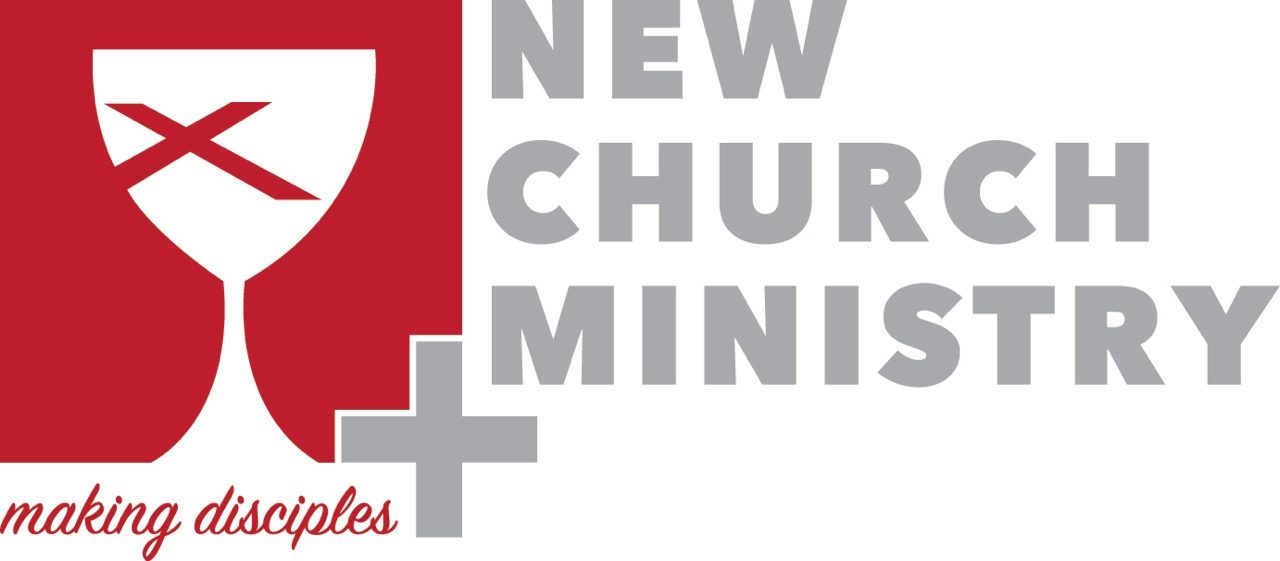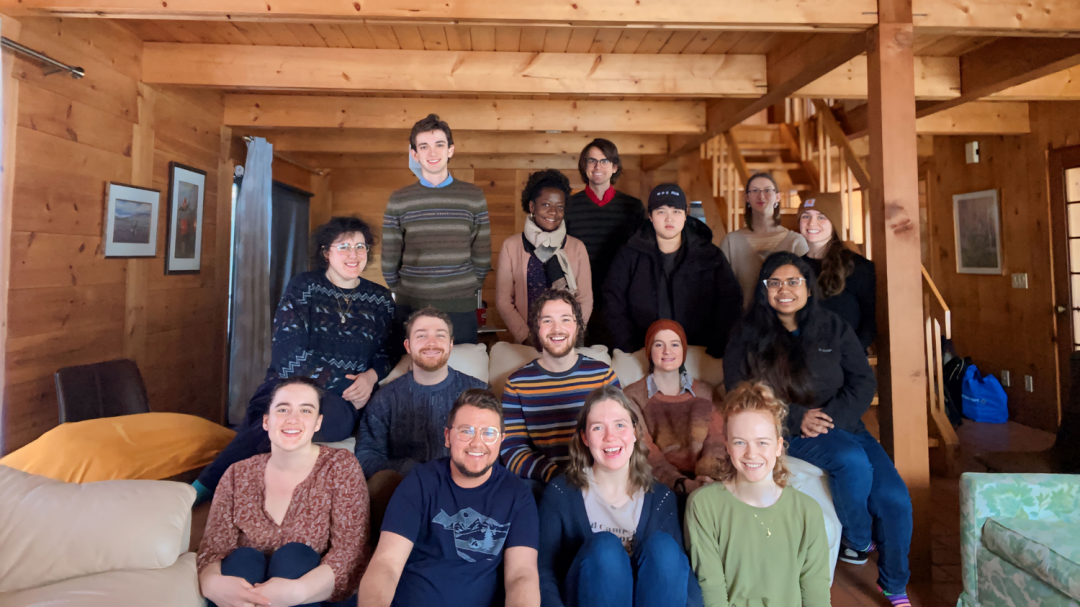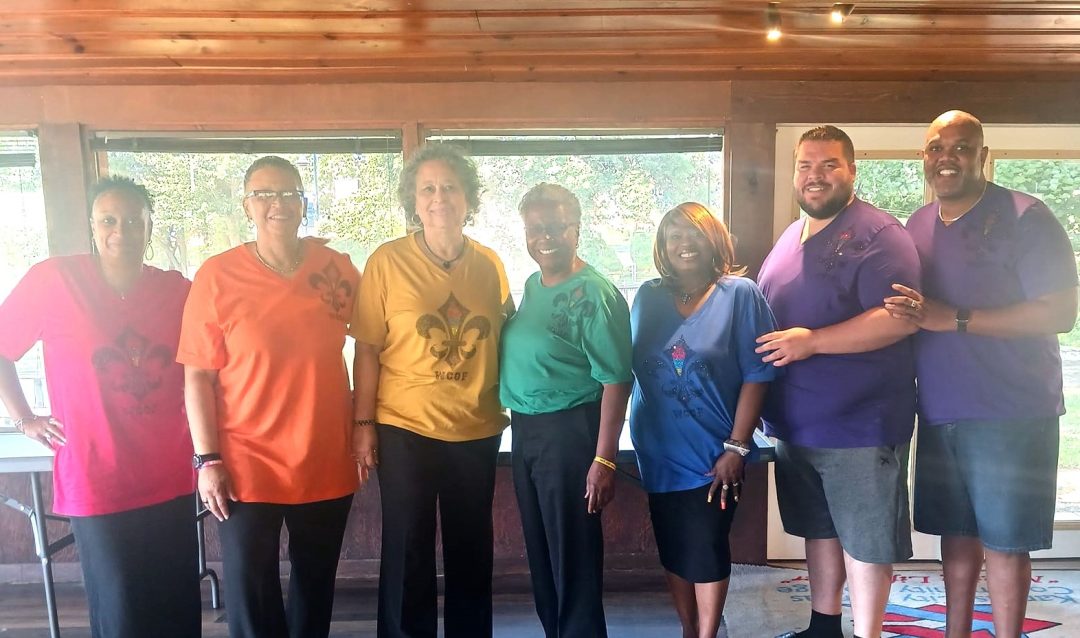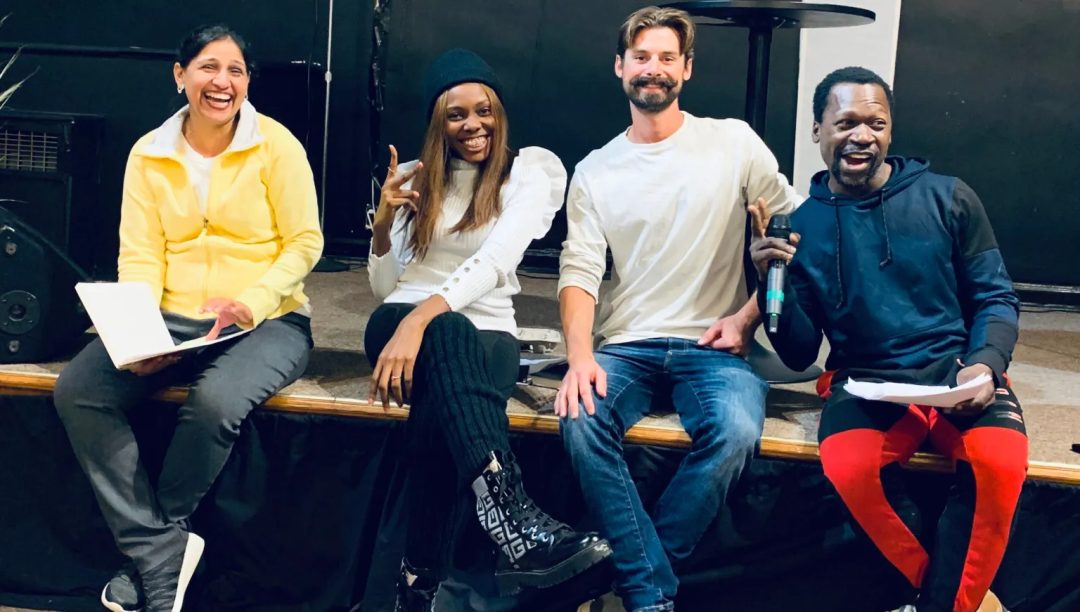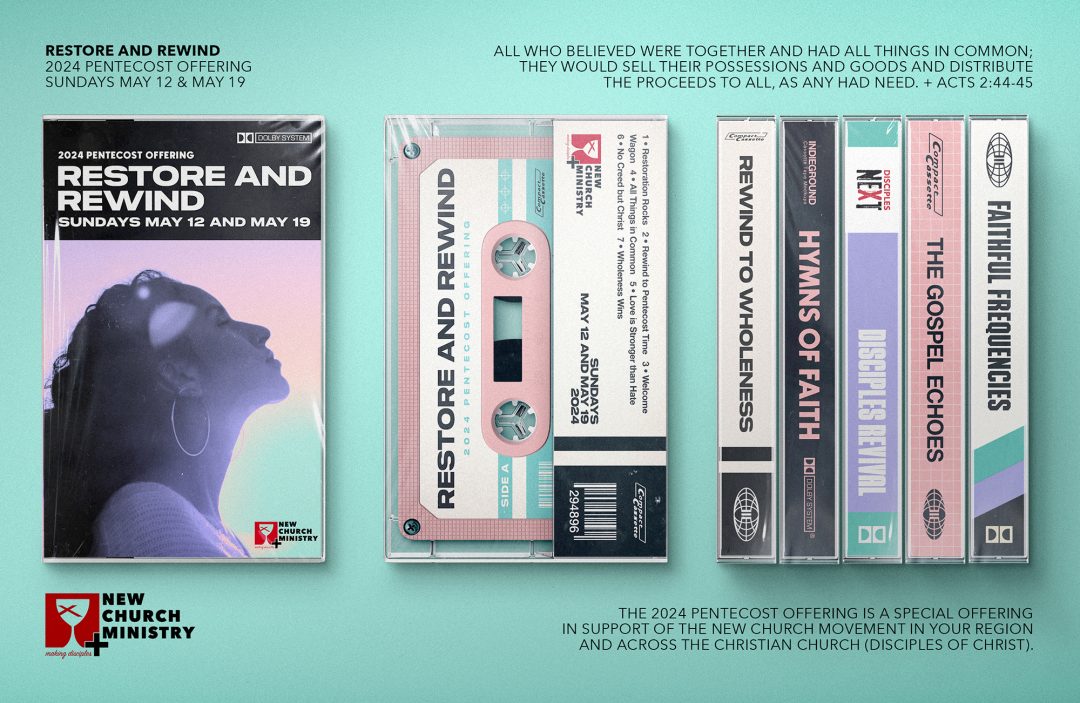The current religious landscape of Québec, Canada is one of duality, dominated by the historic Roman Catholic Church and the growing secularism that got its start in the Quiet Revolution … Continue reading Chapelle Ste-Marthe: Deep Christian spirituality and a passion for God’s love and justice in Montréal
WHOSOEVER: “God did not create you to hate you”
The Greater Kansas City region is the most compact regional ministry of the Christian Church (Disciples of Christ) in the United States and Canada. There are open and affirming congregations as well as … Continue reading WHOSOEVER: “God did not create you to hate you”
Disciples church uses radical acceptance for drug misuse recovery, support for adults with intellectual disabilities
When you cross the Ambassador Bridge from Detroit, MI to Windsor, ON, you may think that you’re leaving behind the Motor City and entering a quaint Canadian town. But as … Continue reading Disciples church uses radical acceptance for drug misuse recovery, support for adults with intellectual disabilities
Restore and Rewind
When it comes to church, we have a lot of negative tapes playing in our heads: “Church is judgmental.”“Church is hypocritical.”“They think they’re better than everyone else.” It’s time for … Continue reading Restore and Rewind
2024 Pentecost Offering
RESTORE AND REWIND When it comes to church, we have a lot of negative tapes playing in our heads: “Church is judgmental.”“Church is hypocritical.” "They're afraid to have fun."“They think … Continue reading 2024 Pentecost Offering
